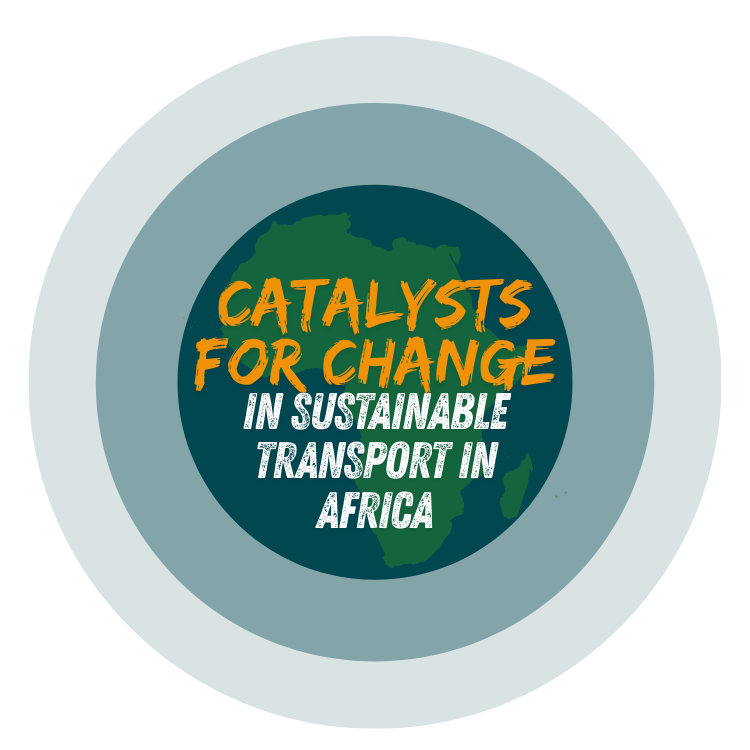MRV for Transport in Asia – Workshop by UNFCCC secretariat and GIZ
Time: 8:30 AM - 5:00 PM (UTC-7)
Location: Ha Long, Viet Nam
9 May - 11 May 2023
Technical Training Workshop on GHG emissions quantification and prioritising policies, actions and measures in the transport sector for Asia-Pacific.
Language(s): EN
Organised by:
UNFCCC Secretariat & GIZ
25 participants, 10 countries and one goal: Enhancing Transparency for NDCs in Asia
New and more ambition goals such as Net-Zero by 2050 were pledged by the head of states in the COP 26 in Glasgow in 2021, and the Nationally Determined Contribution (NDC) by countries needs to be aligned, updated and backed-up with robust data. Transport data collection and enhancing a robust Measurement, Reporting and Verification (MRV) system for this sector is tough, but especially in Asia as emissions from the transport sector are growing rapidly. This is a huge challenge, but not impossible.
Tackling this quest, country officials from Bhutan, Cambodia, Indonesia, Lao PDR, Republic of Maldives, the Philippines, Republic of the Marshall Islands, Sri Lanka, Thailand and Viet Nam are following the invitation by the UNFCCC secretariat and the GIZ project NDC TIA to meet and discuss for three days in Ha Long, Viet Nam.
Download the full workshop agenda here.
The topics covered by two knowledgeable trainers:
- Learn data collection techniques to calculate GHG emissions in the transportation sector (aviation, land, railway and marine according to the IPCC guidelines).
- Learn about calculating GHG emission reduction, BAU scenario and mitigation scenario from complex and incomplete data.
- Gain knowledge on the latest methodologies and tools for measuring GHG emissions, as well as strategies for prioritizing policies, actions, and measures to reduce emissions.
- Learn about planning or implementing climate change policies and measures in the transport sector.
The workshop will use case studies on actual situations, exercises and group discussions to exchange experiences and knowledge in order to enhance the technical capacity of experts from developing countries. To assess sectoral GHG emissions, determine potential mitigation options, factoring in climate change adaptation components, and provide robust information for further decision-making by policy-makers the workshop will enable successful implementation.
